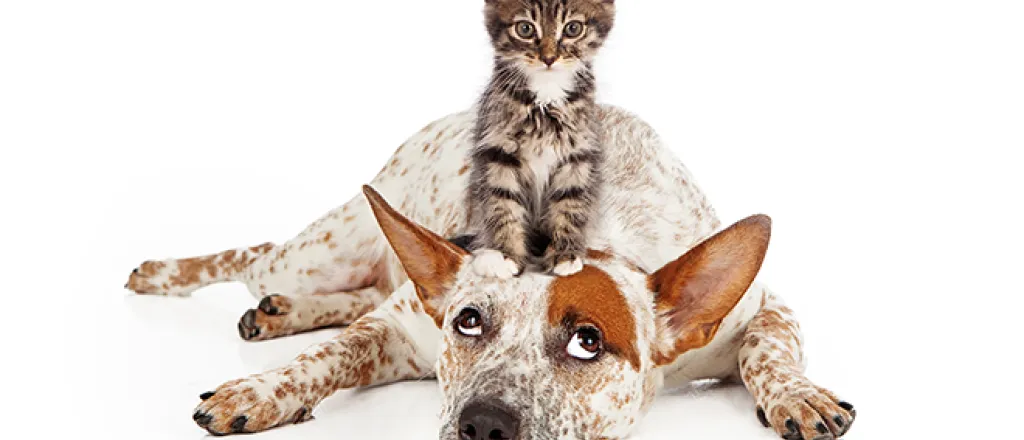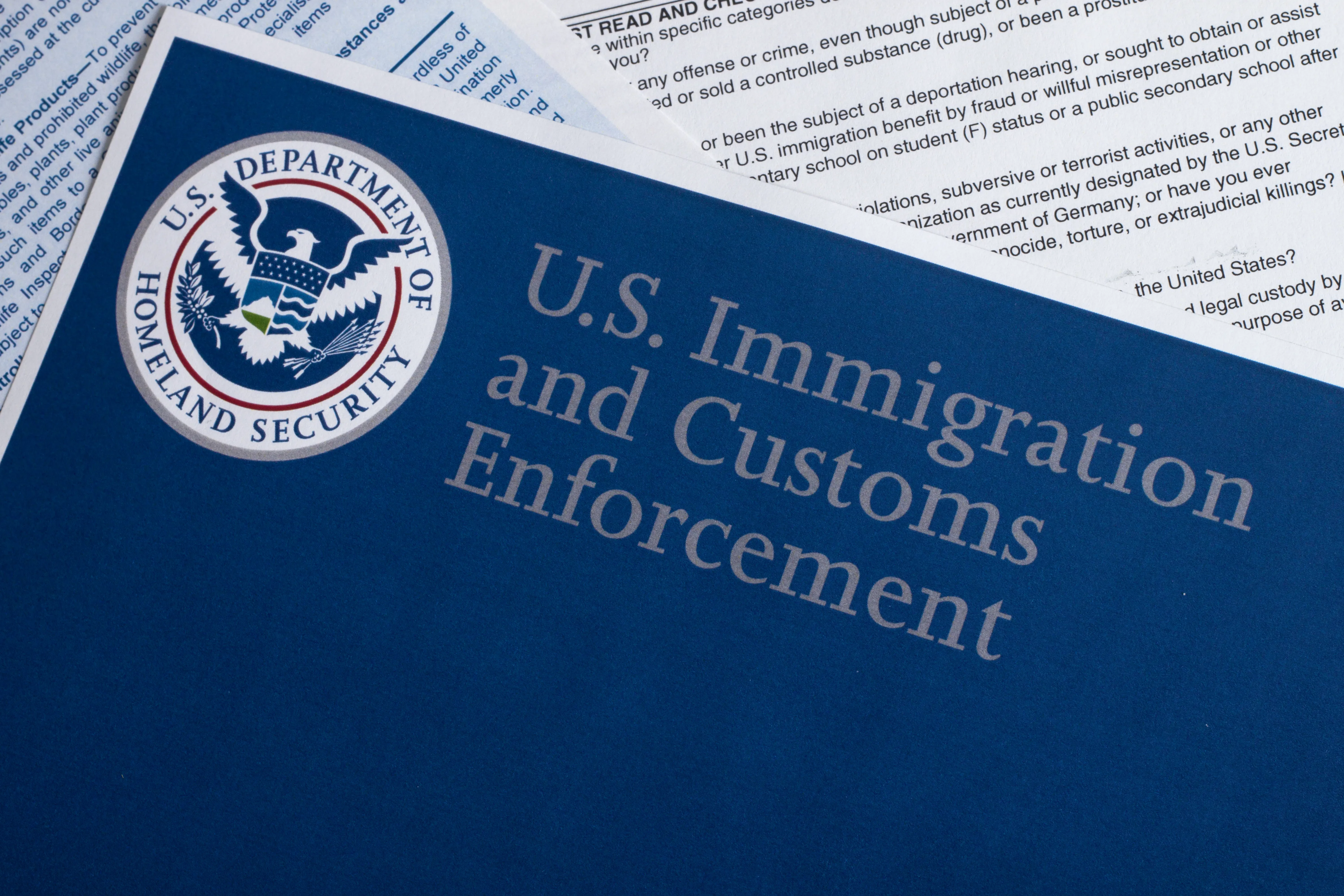
COVID-related crisis continues for animals, animal shelters
(New Mexico News Connection) Adopting a pet was a lifesaver for many people isolated during the pandemic. Two years later, many animal shelters, including those in Albuquerque, face crisis-level intakes with decreased adoptions.
Carolyn Ortega, director of animal welfare for the Albuquerque, New Mexico, Animal Welfare Department, said despite a Black Friday event, which saw 157 of 900 animals adopted, about 55 new animals are surrendered each day, making it difficult to keep up.
The problem started with the pandemic, according to Ortega, when almost three million neuter/spay surgeries were not performed.
"Which basically caused a domino effect," Ortega explained. "Resulting in multiple litters being born in 2020 and 2021, so we're seeing the results of that."
She noted some animals have been at the Albuquerque shelter for six months to a year, which can cause them to develop emotional or behavioral problems.
Research shows 75 percent of people surrendering animals are not doing so because of a behavioral issue or because they do not want the pet. Ortega stressed right now, a downturn in the economy is a contributing factor because many are downsizing from homes to apartments.
"Some of the larger dogs are being brought in because they don't have the yard space anymore that they had with the home," Ortega pointed out. "Or the apartment that they're moving into has such a high deposit for anyone who's bringing in an animal."
The Albuquerque animal shelters will participate in a "Holiday Happiness" adoption event this weekend, Friday through Sunday. Ortega added adoption fees, vaccinations, microchipping and spay/neuter services will all be free.
"They get a first dog training, and then their first vet visit is paid for as well," Ortega emphasized. "It's covered through the adoption, so it's almost like we're paying you to take a pet and all we're asking is that you give them a loving home."
The Albuquerque shelter is defined as no-kill, meaning 90 percent of the animals are adopted, leaving about 10 percent subject to euthanization.
















